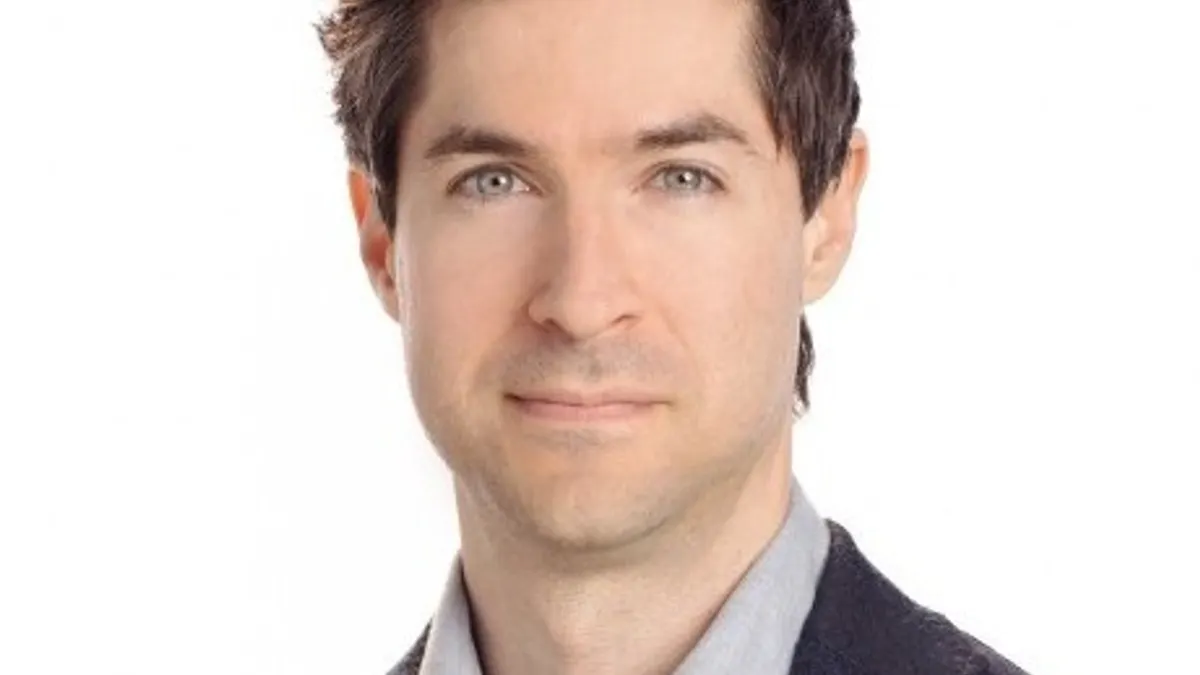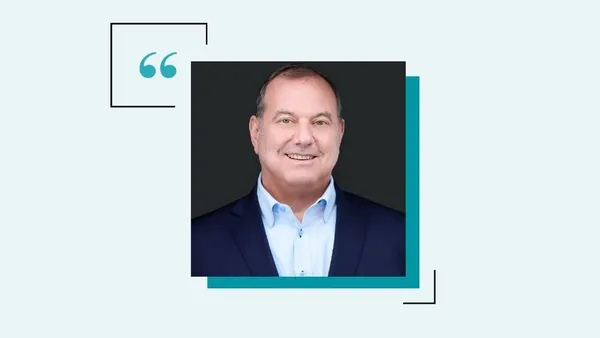John Collins is pioneering a new path to the CFO role, one that draws on not only his experience as an institutional investor but as a data scientist as well. After starting at LivePerson as senior vice president of quantitative strategy charged with leveraging data to improve strategic decision-making, he was elevated to CFO in February 2020.
Before joining the company that automates online brand and customer conversations, Collins was co-founder and chief product officer of data intelligence firm Thasos. His financial services experience includes managing a hedge fund portfolio and building automated systems to detect suspicious trading activity at the New York Stock Exchange.
 John Collins
John Collins
CFO, LivePerson
- First CFO position: 2020
- Marries data science with finance
- Notable previous companies:
- Thasos
- Credit Suisse
- New York Stock Exchange
This interview has been edited for length and clarity.
SANDRA BECKWITH: How did your career history help you rise to the chief financial officer position?
John Collins: My entire career has unfolded at the intersection of data and finance. As companies generate more and more data, I see the CFO operating at the junction of these data flows and transforming this wide array of data into useful information for decision-making. The skills needed to leverage data systematically and ensure [the organization] is not making decisions on unreliable or small data are critical to being a good steward of company resources and a strategic partner to the CEO and other business leaders.
How do your experiences affect how you do the job?
Collins: One change I’ve driven has added value to our sales efforts. We have automated data capture routines for our calendars, emails, text messages, and voice calls; machine learning algorithms classify and structure that data. When we apply it to our sales motion, we can systematically and in real-time understand what the customer is expressing during a sales pitch. For example, maybe they have questions about price or product features. Those kinds of insights can be gleaned systematically from every salesperson’s interaction with an existing or potential customer. That gives us a rich set of information we can use to optimize our go-to-market motion.
How do you determine who you hire in finance?
Collins: When I came into the organization, I was charged with harnessing our data for deeper insights about the business and automating workflows, most of which were in finance. I hired a substantial number of data scientists and engineers because the traditional skill sets of pure financial professionals, while still critical, aren’t a good match for wrangling data. We have people reporting to me who write algorithms that ultimately interpret that data and transform it into information. Finance professionals need that information to think critically about the business, our strategies, and the progress we're making.
What made you the right person for the CFO role?
Collins: Rob LoCascio, our CEO, has a “data first” philosophy that permeates our culture, products, and the way we interact with customers. Being data-driven is fundamental not only to our business model but also to our approach to problem-solving. My work as a data scientist, combined with my experience as a founder and an institutional investor, allows me to bring a modern vision and skill set to the CFO role.
What advantages does your professional background offer?
Collins: Most of a CFO’s responsibilities require synthesizing disparate information across different business units to make good decisions on capital allocation, headcount planning, revenue and expense forecasts, and so on – all with a high level of confidence. My background gives me confidence in the underlying information we're using to formulate our strategy and execute against it.
Would you recommend the path you followed to others hoping to become CFOs?
Collins: There are many data scientists who operate as I did at the intersection of finance and data, and I do think there's a path there. The CFO of the future won’t have the hands-on code-writing abilities of a data scientist, but they will need to know how to build and run those teams. They’ll also need to know how to operationalize data science at scale and marry it with the more traditional and important skill sets of the finance organization.
![]()














